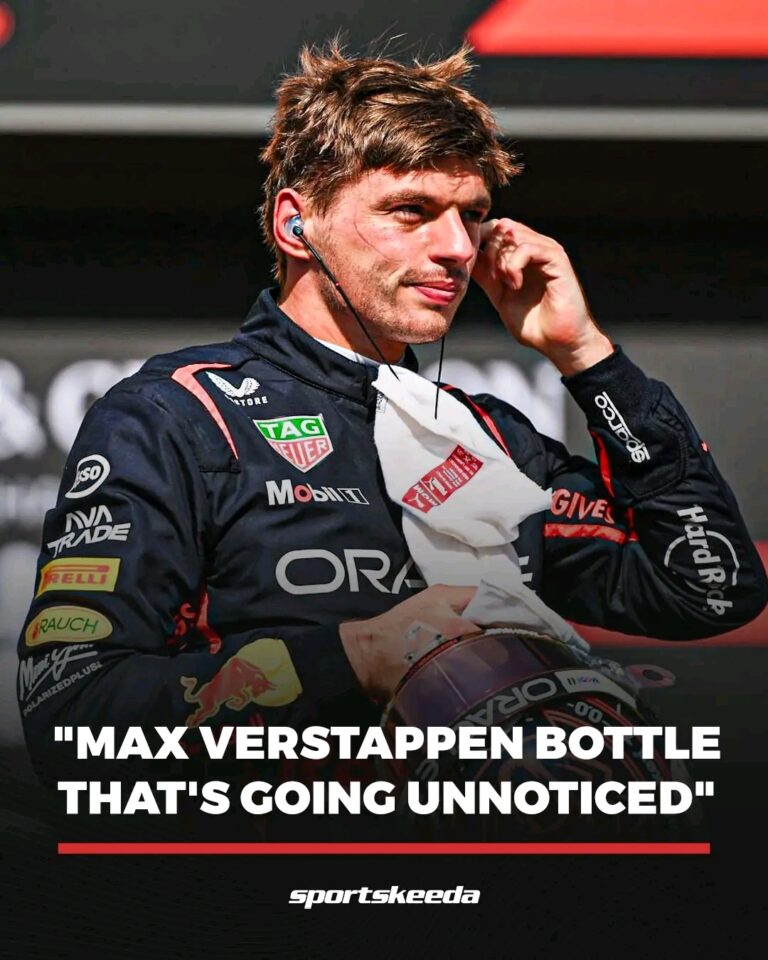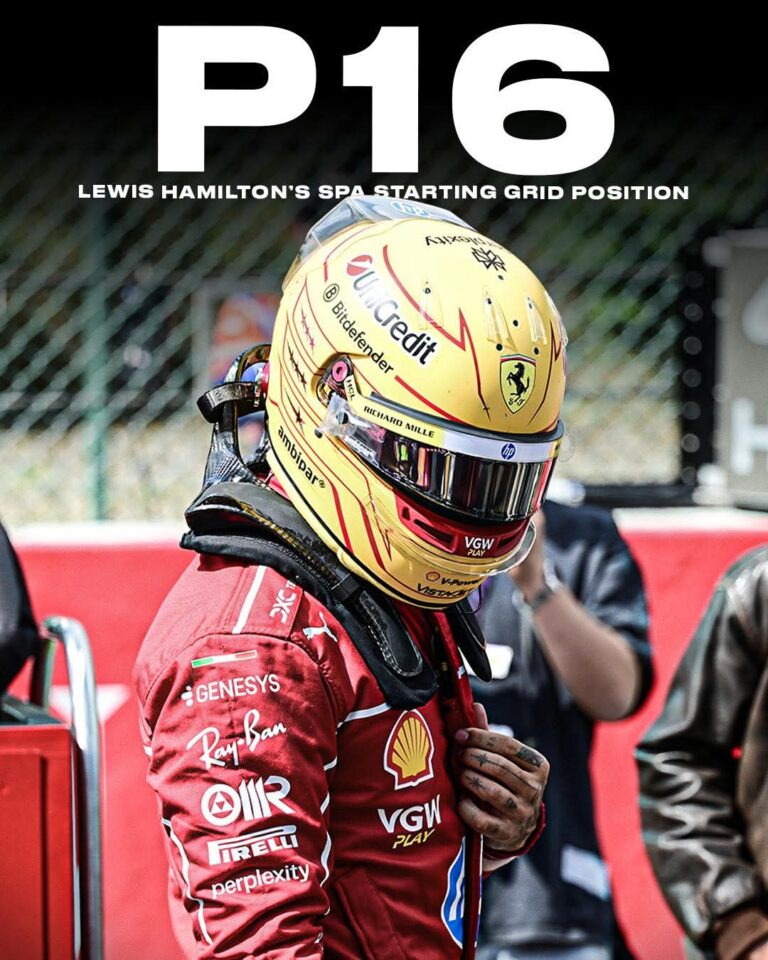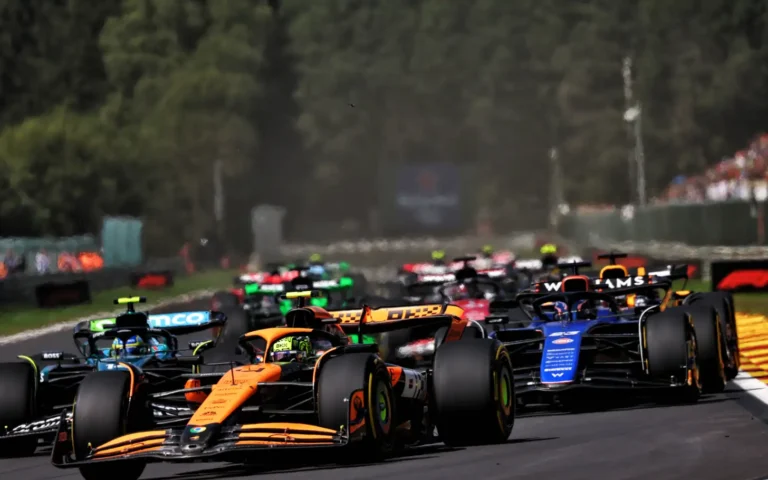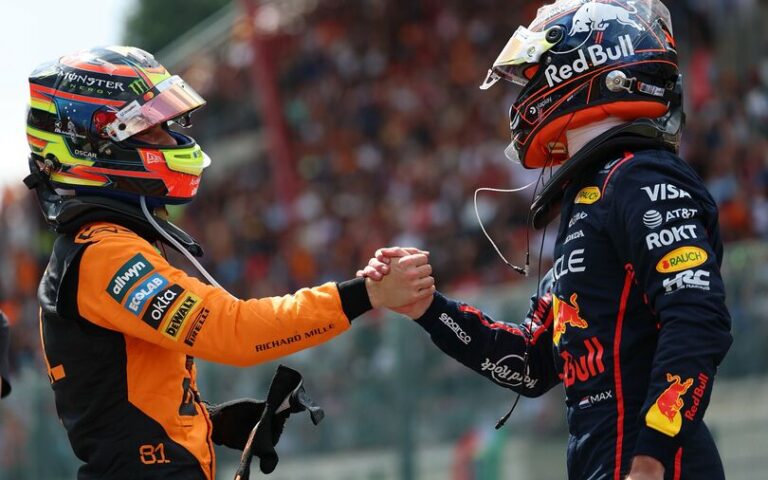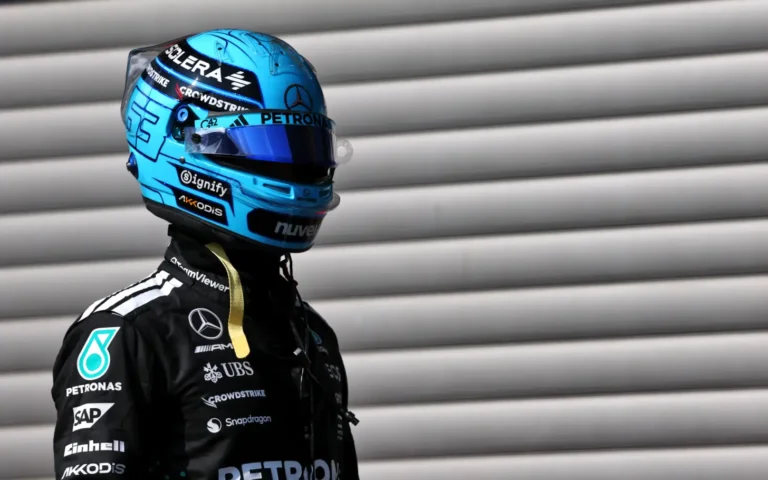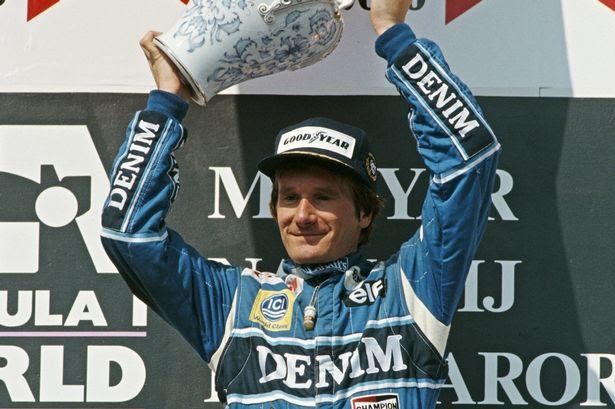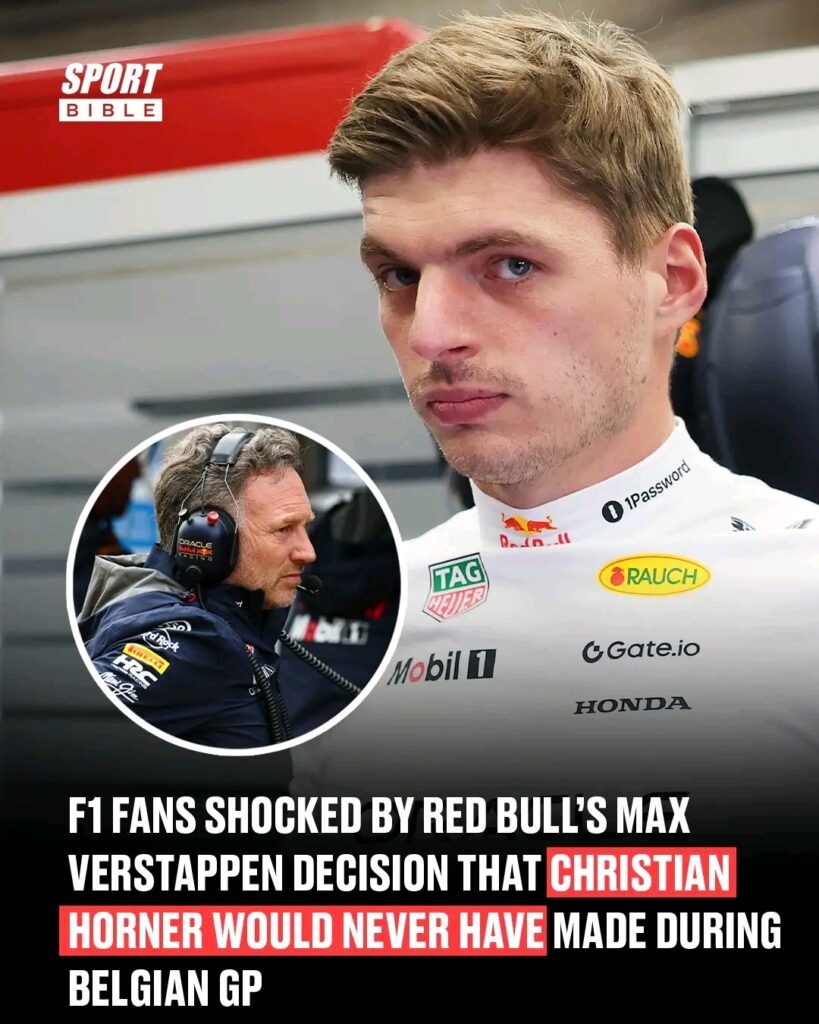
Red Bull Racing’s strategy during the Belgian Grand Prix qualifying session left fans in a state of astonishment, as a bold decision involving Max Verstappen deviated from the norm under former team principal Christian Horner. Following his dominant sprint race triumph at Spa-Francorchamps earlier in the day—where he outpaced McLaren’s Oscar Piastri and Lando Norris—the reigning world champion seemed poised to replicate that momentum. However, Verstappen could only secure a fourth-place grid slot for Sunday’s race, trailing behind Charles Leclerc, Piastri, and Norris, leaving many questioning the team’s tactical judgment.
The cause of Verstappen’s dip in form was partially attributed to a setup alteration executed between the sprint and qualifying sessions. While this adjustment failed to deliver the expected edge for Verstappen, his teammate, Yuki Tsunoda, capitalized on an eleventh-hour upgrade. Tsunoda’s car was fitted with a spare floor—originally intended for Verstappen—propelling him to an impressive P7, his finest qualifying result since joining the team. This redistribution of resources was confirmed by team principal Laurent Mekies, who conceded the move was risky yet calculated, aimed at optimizing overall team performance amidst restricted component availability.
Tsunoda expressed elation with the enhancement, crediting the upgraded floor for his improved competitiveness. He acknowledged that while some refinements remain necessary, the upgrade significantly bolstered his confidence. Mekies echoed this sentiment, asserting that pushing the envelope on parts allocation embodies Red Bull’s aggressive ethos under his leadership. The decision to prioritize Tsunoda, however, has ignited fervent debate among fans, many of whom believe that under Horner’s tenure, Verstappen would have invariably received the preferential treatment.
Social media erupted with polarized opinions, with some praising the democratic approach to car development, suggesting it reflects a shift away from the Verstappen-centric strategy many associated with Horner. Others criticized the move, asserting that safeguarding Verstappen’s competitive edge should remain paramount, particularly given his championship aspirations. Comments ranged from cautious approval—“Good. Give the team the best chance at points”—to outright skepticism, with fans insisting Horner would never have sanctioned such a reallocation of critical components.
Ultimately, Verstappen will commence Sunday’s Grand Prix from fourth, an uncharacteristic position for the three-time champion, while Tsunoda starts from seventh, riding the momentum of his upgraded machinery. This bold redistribution signals a new era at Red Bull—one where resource allocation appears more egalitarian, yet not without controversy. Whether Mekies’ gamble heralds a progressive paradigm or proves a costly miscalculation remains to be seen, but one certainty endures: the team’s internal dynamics have undergone a dramatic transformation, and fans are watching every move with forensic intensity.
